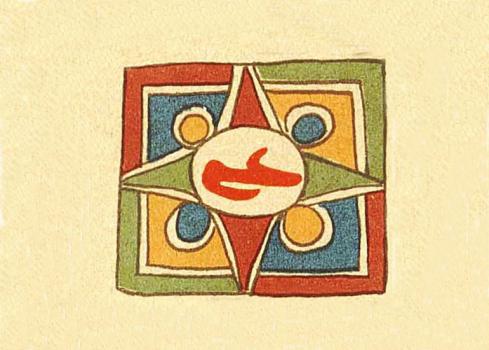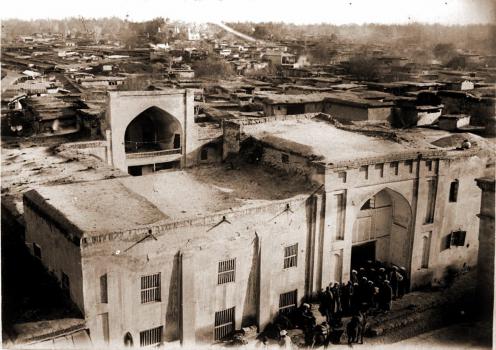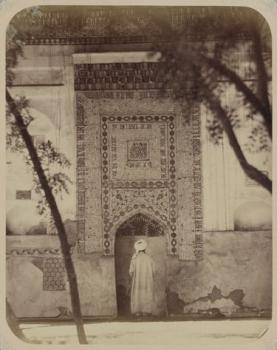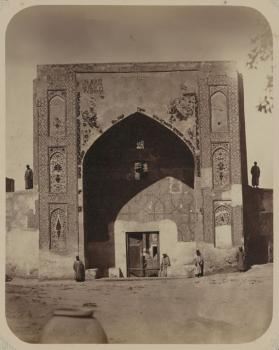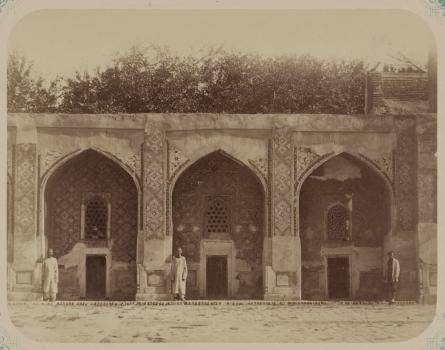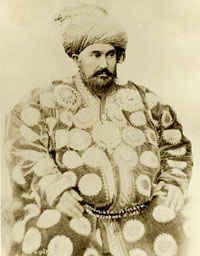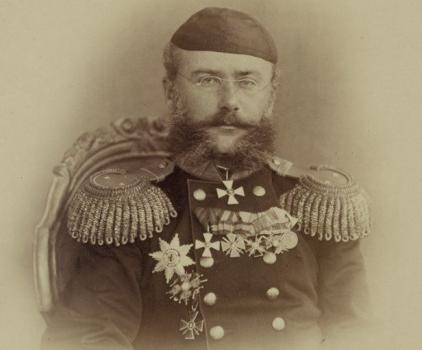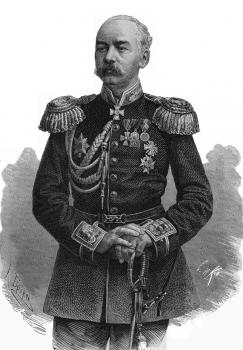Samarkand Quran

O.V. Vasilyeva
Conquest of Samarkand and War Trophies
From the earliest days of the library's founding by Catherine the Great in 1795, war trophies enhanced our collections. Thanks to Nicholas I, the library was enriched with the Ardabil (see video), Akhaltsikhe and Adrianople collections and oriental manuscripts from Erzurum and Bayazet, obtained during the Russo-Persian and Russo-Turkish Wars of the late 1820s. Even after the unsuccessful Crimean War for Russia, the library received two small archives taken on the Caucasian Front. The campaigns of the Russian Empire to the southeast were no exception, as a result of which the Shahrisyab collection (1871), the libraries of Khans of Khiva and Kokand (1874 and 1876) were added to the Manuscripts Department. However, the Samarkand Quran was the first to enter the library.
The city of Samarkand, at that time part of the Emirate of Bukhara, was captured by the Russian army in 1868. Upon the conclusion of peace agreements with Emir Muzaffar (1860–1885), the head of the newly formed Zarafshan district, Major General Alexander Abramov, became interested in the old manuscript located on the territory under his jurisdiction and instructed Lieutenant Colonel Serov "to take steps to ensure that the antiquity, precious to science, won't escape from their hands. As a result, the Quran was received from the Samarkand clergy for a "reward" of 500 kokans (100 rubles). Formally, the Quoran was not the property of the Khwaja Ahrar Madrasa, it was owned by the treasury, i.e. Emir of Bukhara. This partly may be the reason why the Samarkand religious leaders (ulema) “presented” the manuscript without objection; "in exchange for a monetary donation to this Muslim temple".
One dubious story about the traveler and collector Henry Moser, the son of the famous Swiss watchmaker Johann Heinrich Moser, active in St. Petersburg, refers to this period. It says, "when he left Bukhara in 1287/1870, the Russian General Abramov, offered him a choice between a large Quran and ... horse riding equipment. Moser chose the latter, but then he appears to have regretted his decision when he found out that the Emir had tried to buy the Quran back from the Imperial Russian Library for 400,000 rubles." This amount seems not just excessively high, but completely unreal, although it cannot be ruled out that the Emir made some kind of effort. Not only the fantastic amount is alarming, but the date is wrong, because Abramov sent the Samarkand Quran to Tashkent no later than 1869, from where it was transferred to St. Petersburg to the Imperial Public Library at the end of the year.
